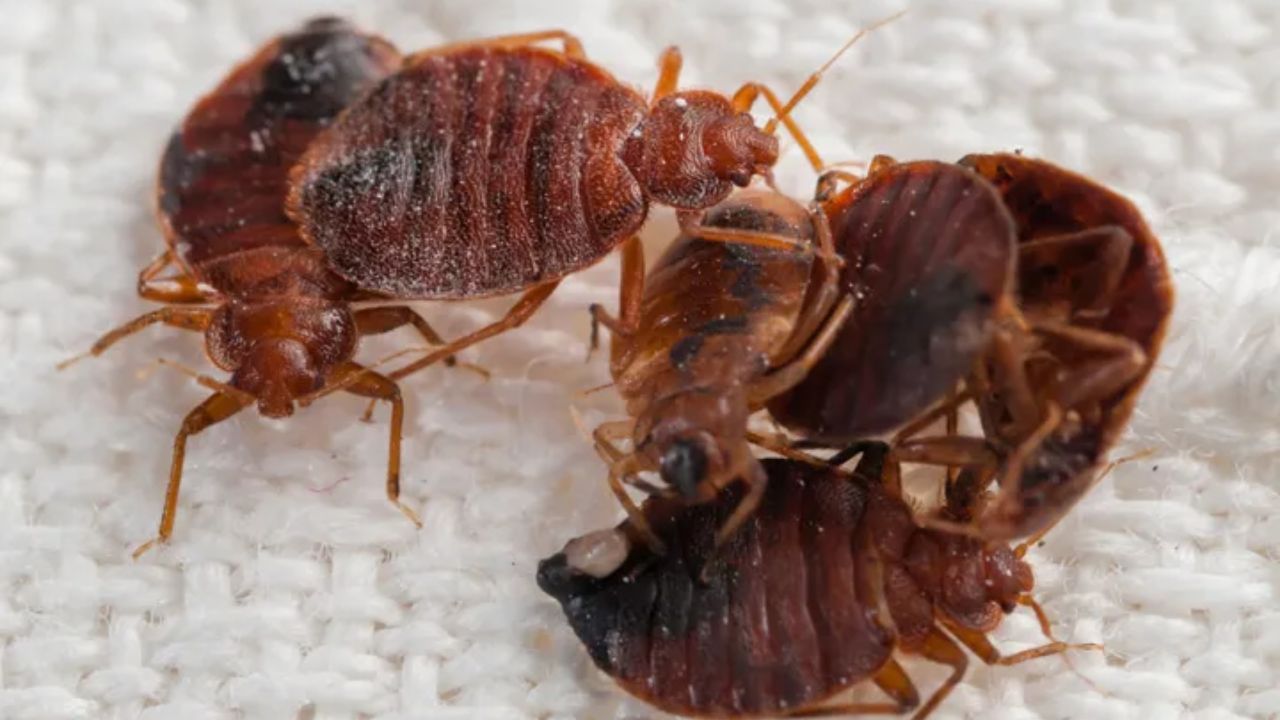North Carolina is facing a notable challenge: the presence of bed bugs. These persistent pests have made themselves at home in several cities across the state, with three urban areas particularly struggling with high levels of infestation. This piece explores the bed bug issue in North Carolina, analyzing the factors contributing to the problem and proposing strategies to tackle these unwanted intruders.
Understanding the Bed Bug Resurgence
While bed bugs aren’t a new problem, their recent resurgence in North Carolina has caused concern. These insects are skilled hitchhikers, catching rides on luggage, furniture, and clothing. Once they settle in, they seek refuge in mattresses, sofas, and other cozy spots within households.
Why North Carolina?
North Carolina’s climate offers an ideal environment for bed bugs to flourish. The state’s warm, humid conditions facilitate rapid reproduction and spread in both residential and commercial properties. Moreover, the high population density in urban areas provides ample opportunities for these blood-sucking pests to feed.
Cities Facing Challenges
Recent reports have singled out three cities in North Carolina as among the most bed bug-infested in the nation. This alarming revelation has heightened awareness among residents, prompting a statewide effort to tackle the problem. Pest control professionals are working diligently to manage the situation, yet the resilient nature of bed bugs presents a formidable obstacle.
Addressing the Infestation
Effectively addressing bed bug infestations necessitates a comprehensive approach. While professional extermination is often essential for complete eradication, individuals can also take proactive steps to prevent and control infestations.
Preventive Measures:
Inspect Secondhand Items: Thoroughly inspect used furniture, clothing, and other items for signs of bed bugs before bringing them into your home.
Use Protective Covers: Encase mattresses and box springs in protective covers to prevent bed bugs from entering or escaping.
Reduce Clutter: Minimize hiding spots for bed bugs by maintaining a tidy, clutter-free home.
Regular Vacuuming: Vacuum frequently, paying close attention to areas around beds, furniture seams, and baseboards.
Travel Wisely: When traveling, avoid placing luggage on beds and inspect hotel rooms for signs of bed bugs. Upon returning home, wash all clothes in hot water and vacuum luggage before storing it.
Professional Pest Control: If there’s a suspected infestation, seek assistance from a professional pest control service for thorough eradication.
Conclusion: A Call to Action
The bed bug infestation in North Carolina demands collective action. It’s a battle that requires cooperation from residents, property owners, and local authorities alike. By staying informed, implementing preventive measures, and seeking professional assistance when needed, North Carolinians can reclaim their homes from these unwelcome invaders.
This article serves as both a cautionary tale and a practical guide, providing valuable insights into the bed bug problem and offering actionable advice for affected individuals. As North Carolina confronts this challenge, it’s clear that awareness and proactive measures are crucial for success in the fight against bed bugs.

